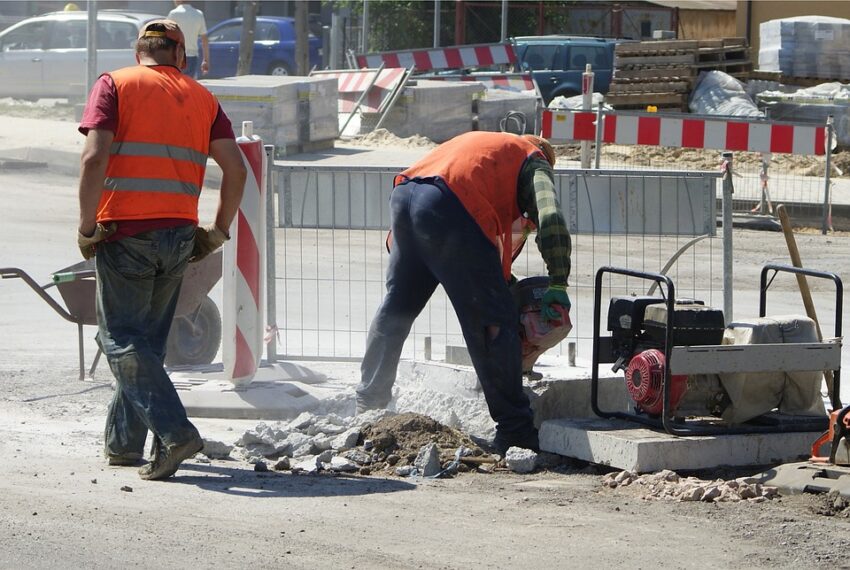
The development business added 25,000 jobs in July, in keeping with an Related Builders and Contractors (ABC) evaluation of information launched at the moment by the U.S. Bureau of Labor Statistics. On a year-over-year foundation, business employment has expanded by 239,000 jobs, a rise of three %.
Nonresidential building employment elevated by 16,200 positions, with progress in all three subcategories. Nonresidential specialty commerce contractors added essentially the most jobs, growing by 11,300 positions. Heavy and civil engineering and nonresidential constructing added 2,900 and a pair of,000 jobs, respectively.
The development unemployment fee rose to three.9 % in July. Unemployment throughout all industries rose from 4.1 % in June to 4.3 % in July.
Anirban Basu, chief economist at ABC, says, “It seems that America is headed into recession. Whereas it’s true that many economists have been suggesting this for greater than two years, the latest slowing in financial exercise feels completely different. Unemployment is climbing quickly. Shopper spending progress has turn out to be extra sluggish. U.S. fairness markets are producing massive losses, indicating that America is caught in a progress scare and that there’s a rising consensus that the Federal Reserve has waited too lengthy to scale back rates of interest.
“On condition that macroeconomic backdrop, it could appear peculiar that the U.S. building business managed so as to add 25,000 jobs in July,” Basu says. “How can one counsel that the U.S. financial system is heading into recession when contractors nonetheless eagerly rent staff? On this regard, historical past is instructive. Nonresidential building business efficiency has tended to lag the efficiency of the general financial system by 12 to 18 months. In accordance with ABC’s Development Confidence Index, contractors collectively stay upbeat relating to their prospects for the subsequent six months. But when the financial system continues to weaken, and it seems poised to do exactly that, contractor confidence will start to ebb. Certainly, the June building spending information launched on Aug. 1 point out that many building segments are already in slowdown mode.
“An exception to that is building associated to manufacturing,” Basu says. “The quickest section of progress in building spending has been in constructing building, which encompasses huge investments in chip-making amenities and different industrial tasks. A lot of that’s fueled partly by federal subsidies. However many building segments don’t profit from federal subsidies, and people are the sectors that stand to expertise essentially the most erosion in efficiency because the financial system softens and elevated borrowing prices linger.”







